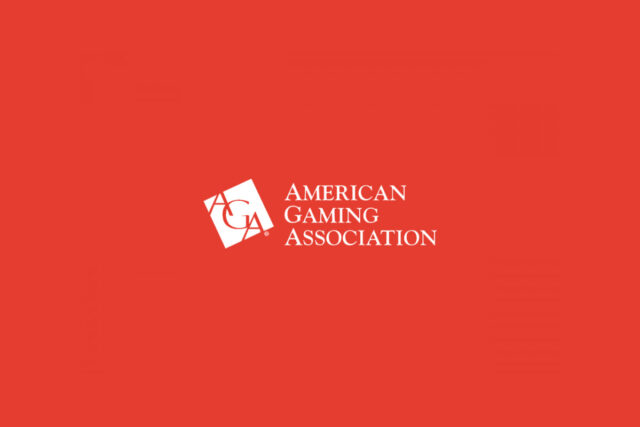FanDuel and DraftKings have tendered their resignation from the American Gaming Association (AGA), effective immediately.
Their decision has set a milestone in the current timeline of American gambling operators, underlining the split between state-regulated gambling markets and the jurisdiction afforded to federally regulated prediction markets.
With these two major players in the gambling industry breaking away from the AGA, FanDuel’s comments, confirmed to ReadWrite, show that there has been a paradigm shift among companies distancing themselves from traditional regulatory ties.
“As we expand into prediction markets, we recognize this direction is not aligned with the American Gaming Association’s current priorities for its member operators. After thoughtful consideration, we have decided to step back from our AGA membership at this time.”
The AGA accepts resignations
DraftKings echoed the statement of its counterpart, saying to The Closing Line, that the operator has “determined that its plans no longer fully align with the AGA’s direction in certain areas and have decided to relinquish its membership.”
The AGA stoically recognized the submissions, saying “The AGA has accepted their request to relinquish their membership, effective immediately. We wish them the best, and we expect to maintain close ties in our mission to promote and protect legal, regulated gaming,” a spokesperson confirmed to ReadWrite.
FanDuel and DraftKings part ways with AGA amid prediction market uncertainty
We have reported on the sharp rise in prediction markets since federal regulators opened the doors to companies like Kalshi and Polymarket operating within the US.
The Commodity Futures Trading Commission (CFTC) regulates all Designated Contract Markets (DCMs) under the Commodity Exchange Act (CEA).
Critics of the CTA believe the legislation’s wording is outdated, leading to a host of cease-and-desist motions across the nation, but there has been continued growth in both the valuation of providers and those entering the fray.
The grey area afforded to those under the CFTC as a DCM creates a hotbed of opportunities for operators to offer markets that have traditionally required extensive approval and licensing from state regulators and AGA membership.
In the case of Kalshi, the prediction provider chose to challenge the rights of Tribal Communities regarding the CFTC’s jurisdictional oversight, underscoring the tensions bubbling across traditionally regulated areas.
BREAKING: Three federally recognized California Indian tribes have sued Kalshi and Robinhood in CA federal court, alleging that the two companies are unlawfully engaging in sports betting by offering sports-outcome event contracts on the tribes’ Indian lands in violation of IGRA. pic.twitter.com/renw1XBtjz
— Daniel Wallach (@WALLACHLEGAL) July 23, 2025
“Kalshi does not house servers on Indian lands. Kalshi does not employ personnel on Indian lands. Kalshi conducts no business whatsoever on Indian lands,” said the New York-based company.
This could set a precedent in the prediction market race and prompt more companies to shift their business trajectories into the lane of federally regulated markets, much to the chagrin of state parties.
Featured image: AGA







